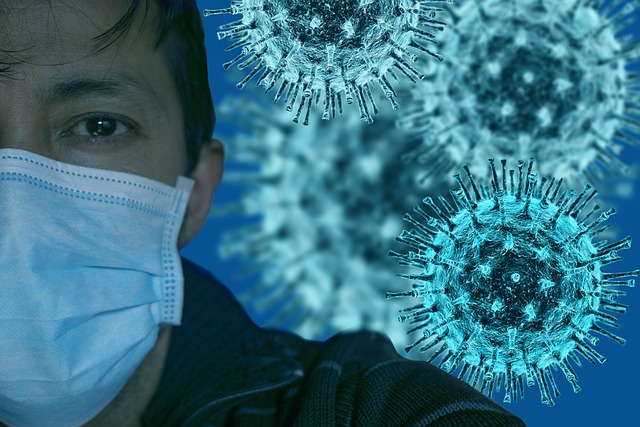
T Cells from Common Colds and SARS-CoV-2 Infection: Implications for Vaccine Development
Findings on T cells from common colds and SARS-CoV-2 infection provide valuable insights for developing second-generation universal vaccines, highlighting the potential for cross-reactive immunity against diverse coronavirus strains.
August 2022
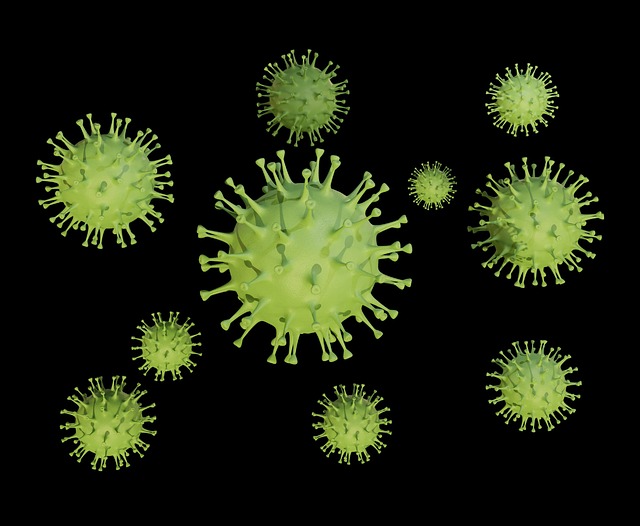
COVID-19 Vaccine and Menstrual Cycle: Study Findings on Pfizer and Moderna Vaccines
Most vaccinated individuals experienced a small increase in menstrual cycle length, with the Pfizer and Moderna vaccines being the most commonly received, shedding light on potential menstrual cycle changes following COVID-19 vaccination.
August 2022

Long-Lasting Protection Offered by COVID-19 Vaccines: Study Analysis
Analysis of vaccine efficacy data demonstrates long-lasting protection provided by Pfizer, Moderna, and Johnson & Johnson COVID-19 vaccines, supporting the ongoing vaccination efforts and public health strategies to control the spread of SARS-CoV-2.
August 2022
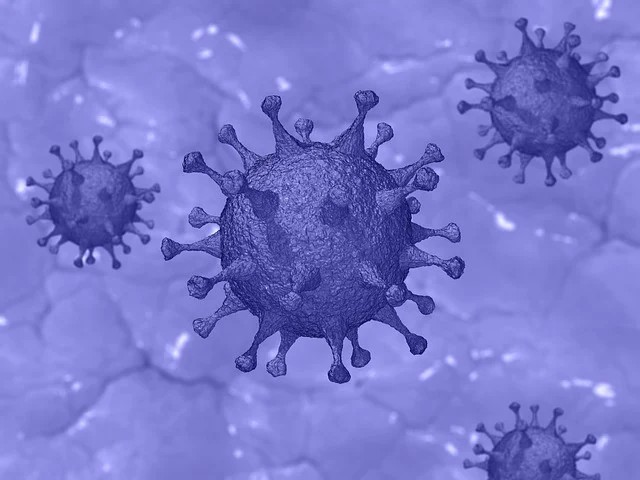
Diagnostic Methods for COVID-19: Review of Main Approaches and Challenges
Accurate diagnosis of COVID-19 is crucial for pandemic control, with a review published in The Lancet evaluating the main diagnostic methods, challenges, and implications for effective disease management and surveillance.
August 2022

Long COVID Less Likely in Fully Vaccinated Individuals: Comparative Analysis
Vaccination with at least two doses substantially decreases the reporting of long COVID symptoms, underscoring the protective effect of vaccination against persistent symptoms following SARS-CoV-2 infection and supporting vaccination efforts to mitigate the long-term consequences of COVID-19.
August 2022

WHO Recommends Two Treatments for COVID-19: Baricitinib and Sotrovimab
The WHO recommends two new treatments, baricitinib and a monoclonal antibody drug sotrovimab, for the treatment of COVID-19, based on emerging evidence of their efficacy and safety in reducing disease severity and mortality.
August 2022
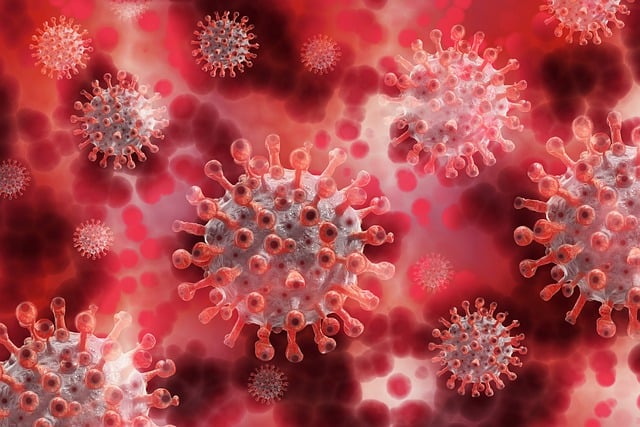
COVID-19 Vaccine Booster Effective Against Omicron Variant: Clinical Confirmation
A study confirms that three doses of the COVID-19 vaccine, including a booster dose, provide effective protection against the Omicron variant, supporting the implementation of booster vaccination strategies to enhance immunity and control the spread of SARS-CoV-2 variants.
August 2022

COVID-19 Pandemic Continues with Omicron Variant: Epidemiological Projections
Despite the emergence of the Omicron variant, the COVID-19 pandemic is expected to continue, with a large proportion of the world population projected to be infected by March 2022, underscoring the need for ongoing surveillance and control measures to manage the pandemic.
August 2022

Endemicity and Seasonality: Shifting Paradigms in COVID-19 Discourse
The terms 'endemism' and 'seasonality' are increasingly used in reference to the COVID-19 pandemic, reflecting evolving perspectives on the future trajectory of the pandemic and the need for adaptable public health strategies.
August 2022
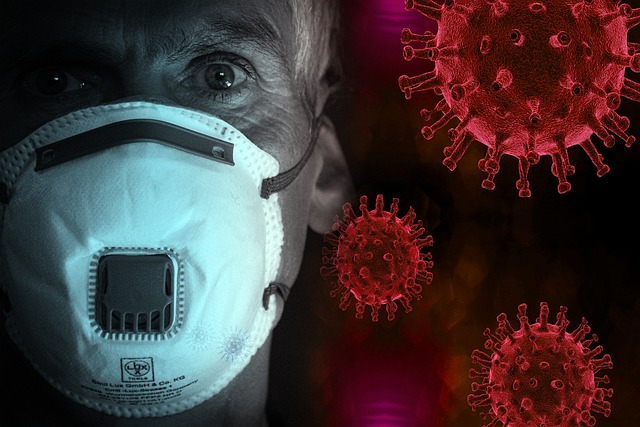
Long COVID in Children and Adolescents: Persistent Symptoms and Implications
Review of studies on long COVID in children and adolescents reveals persistent symptoms after COVID-19 infection, emphasizing the need for comprehensive care and support for pediatric patients experiencing prolonged illness and functional impairment.
August 2022















